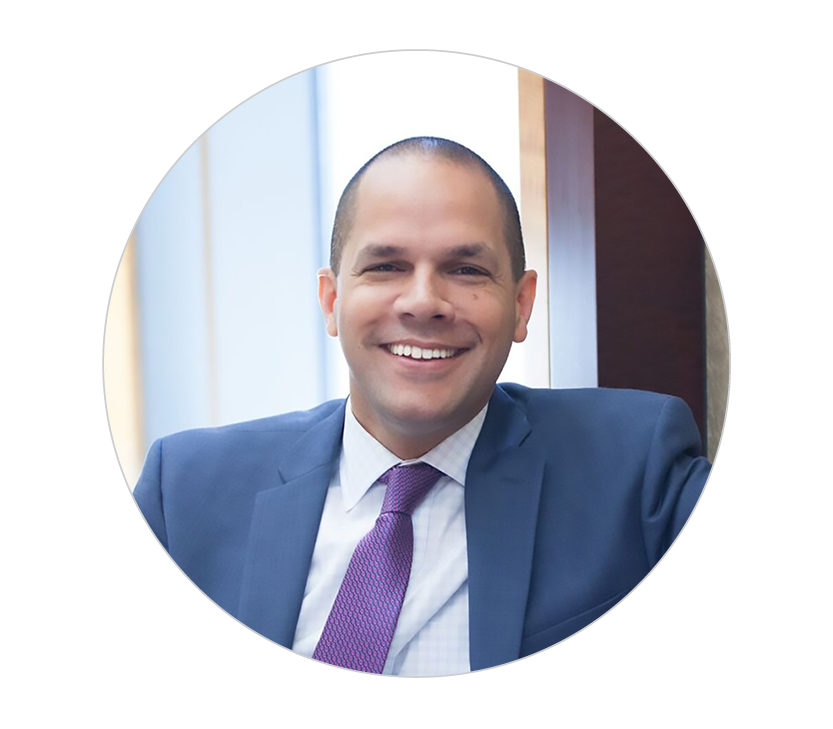By Dr. Javaid E. Siddiqi, President & CEO, The Hunt Institute
Today marks one week since the passing of civil rights icon Congressman John Lewis. In the midst of unrest over police brutality and a pandemic that has disproportionately impacted people of color, one thing is certain: His story is more inspiring than ever.
The legacy of John Lewis began while he was a young man at Fisk University, where he organized sit-ins at segregated lunch counters and participated in Freedom Rides, often arrested and beaten for the simple act of sitting in a seat reserved for a white person. By 1963, at just age 23, he was already considered a leader in the Civil Rights Movement, and was a keynote speaker at the March on Washington that summer.
Perhaps the defining moment of his leadership in the movement took place on March 7th, 1965, when he organized a peaceful group of 600 to march across a bridge named after a confederate general. The march was to register African Americans to vote and commemorate the death of Jimmie Lee Jackson, who had been murdered by a state trooper for protecting his mother at an earlier civil rights demonstration. The senseless violence that ensued during the bridge crossing – Lewis was badly beaten but lucky to be alive – most surely accelerated the passing of the Voting Rights Act a few months later.
John Lewis could have ended his activism that day, secure in his legacy, but instead he went on to another 55 years of distinguished public service. Lewis’s election to the city council in Atlanta in 1981, winning a seat in congress in 1986, and becoming deputy whip of the Democratic Party in 2006 are all examples of his relentless commitment to public service and the values that make America great. Even when diagnosed with the disease that would ultimately cause his passing, Lewis refused to stop advocating on behalf of the millions of Americans still facing discrimination.
Throughout his career John Lewis was a staunch supporter of education, beginning with the founding of the Student Non-Violent Coordinating Committee. After his election to public office Lewis consistently supported policies that helped students learn and become leaders. He introduced a bill in the house to expand student loan tax deductions to offset the cost of rising college tuition for students and their families. He fought for the expansion of early childhood education programs in Georgia and across the country, explaining how federal child care program Head Start “was an important innovation of the civil rights movement.” Lewis was also an early supporter of the My Brother’s Keeper Alliance which President Obama created to help change educational and social outcomes for children of color. Just two weeks ago he wrote a letter to Secretary of Homeland Security Chad Wolf in opposition to changes made to the Student Visa and Exchange Program – changes that would require international students to leave the country if their classes went completely online in the fall due to COVID-19.
John Lewis knew firsthand that policymakers and protesters must have honest conversations with one another in order to create needed change for communities of color and help leaders make more equitable decisions. Amidst COVID-19, actionable conversations on racism in our society have to happen in an atmosphere that makes both groups comfortable their viewpoints will be heard. While policing is at the forefront of the conversation, racial barriers preventing children of color from having equal opportunity in the education system is still a significant challenge. In the spirit of creating a safe environment to have such open and honest conversations, The Hunt Institute has recently announced a new webinar series, “Race & Education,” to tackle systemic racism in the education system.
When we think about John Lewis’s sacrifice and bravery, his story can do nothing less than inspire us to pick up the torch of service and carry it further. Lewis dared to put everything at risk, with only the hope of changing America for the better. Let his legacy of making good trouble inspire us to continue the journey.
Author

Dr. Javaid E. Siddiqi
President & CEO, The Hunt Institute


